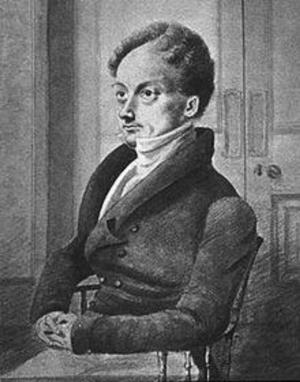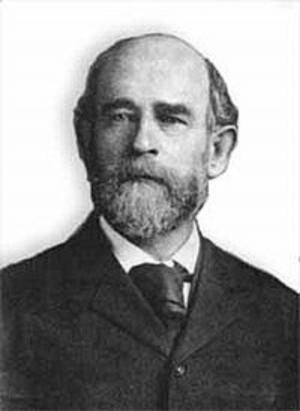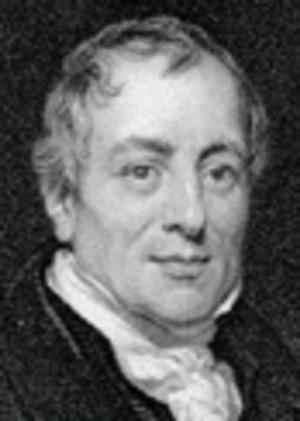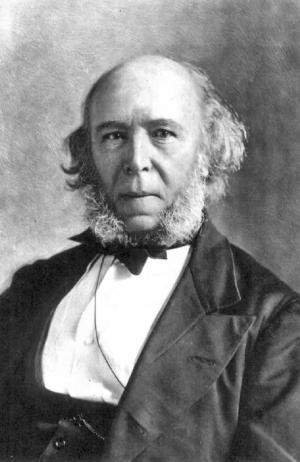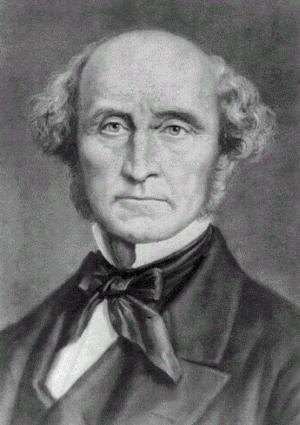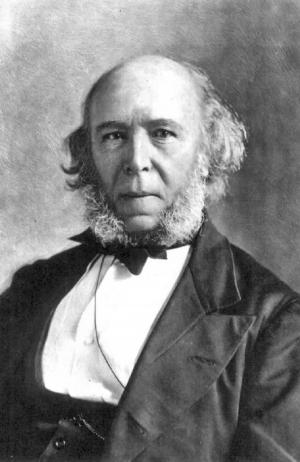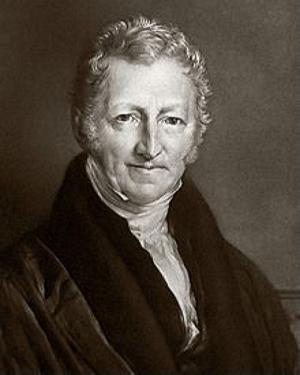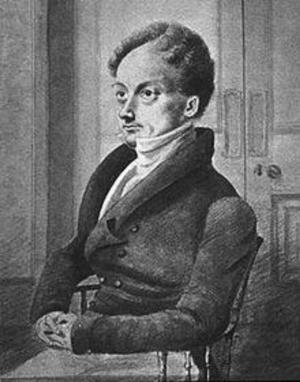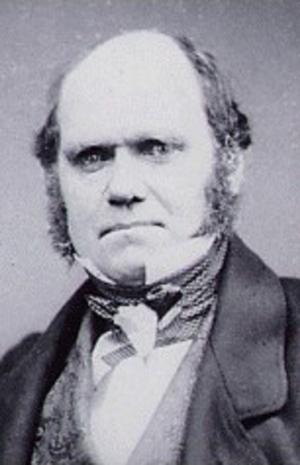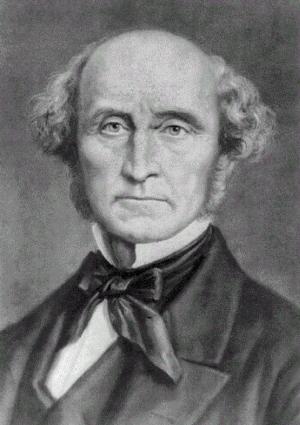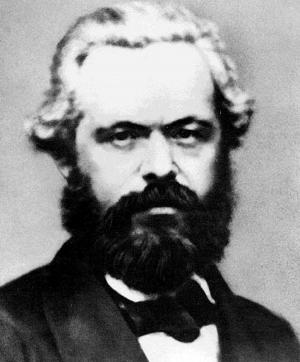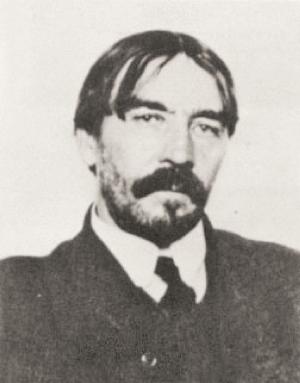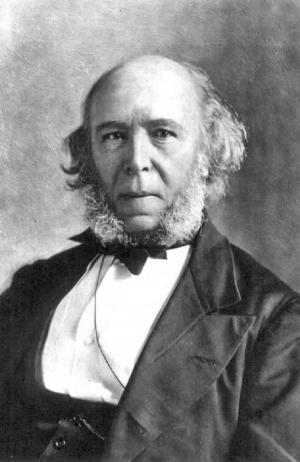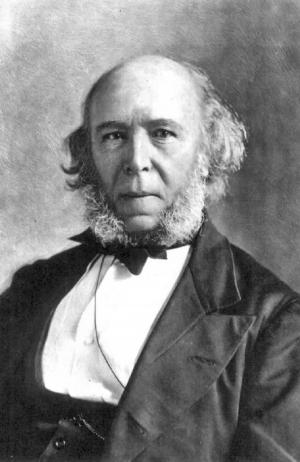Absolute Value and Exchangeable Value (Illustrated)
Business & Finance, Economics, Macroeconomics, Theory of Economics| Author: | David Ricardo | ISBN: | 1230000273544 |
| Publisher: | AS Team | Publication: | October 12, 2014 |
| Imprint: | Language: | English |
| Author: | David Ricardo |
| ISBN: | 1230000273544 |
| Publisher: | AS Team |
| Publication: | October 12, 2014 |
| Imprint: | |
| Language: | English |
The book has an active table of contents for easy access to each chapter.
David Ricardo made essential contributions to classical economics and has been called the most influential classical economist along with Adam Smith, Thomas Malthus, and John Stuart Mill.
In addition to the theory of comparative advantage, Ricardo’s most important legacy is on the subjects of labor theory such as exchange value and absolute value. Ricardo accepted Smith’s conclusion that exchange values were proportional in the long run not to labor requirements but to money costs. He argued that skill premiums between skilled and unskilled labor are constant over long periods and thus would not cause changes in relative values. He was left with changes in the rate of interest on capital as a cause of divergence between exchange ratios and labor content.
For Ricardo the absolute value of a commodity was the quantity of labor it contained, not what it could command. More important, absolute value has meaning only in terms of one homogeneous unit.
The Essay of Absolute Value and Exchangeable Value in this book is the important thoughts and discussions by David Ricardo on labor value.
David Ricardo was also one of those rare people who achieved both tremendous investing success and lasting fame. When he died, his estate was worth more than $100 million in today’s dollars. The path of value theory of investing can be traced back to David Ricardo. Ricardo rooted the path continued by Benjamin Graham, Philip Arthur Fisher, and Warren Buffet.
This is a must-read book for people who are also interested in the deepest thoughts and views about the labor subjects such as absolute value and exchangeable value by David Ricardo, one of the greatest thinkers on the planet.
The book has an active table of contents for easy access to each chapter.
David Ricardo made essential contributions to classical economics and has been called the most influential classical economist along with Adam Smith, Thomas Malthus, and John Stuart Mill.
In addition to the theory of comparative advantage, Ricardo’s most important legacy is on the subjects of labor theory such as exchange value and absolute value. Ricardo accepted Smith’s conclusion that exchange values were proportional in the long run not to labor requirements but to money costs. He argued that skill premiums between skilled and unskilled labor are constant over long periods and thus would not cause changes in relative values. He was left with changes in the rate of interest on capital as a cause of divergence between exchange ratios and labor content.
For Ricardo the absolute value of a commodity was the quantity of labor it contained, not what it could command. More important, absolute value has meaning only in terms of one homogeneous unit.
The Essay of Absolute Value and Exchangeable Value in this book is the important thoughts and discussions by David Ricardo on labor value.
David Ricardo was also one of those rare people who achieved both tremendous investing success and lasting fame. When he died, his estate was worth more than $100 million in today’s dollars. The path of value theory of investing can be traced back to David Ricardo. Ricardo rooted the path continued by Benjamin Graham, Philip Arthur Fisher, and Warren Buffet.
This is a must-read book for people who are also interested in the deepest thoughts and views about the labor subjects such as absolute value and exchangeable value by David Ricardo, one of the greatest thinkers on the planet.

